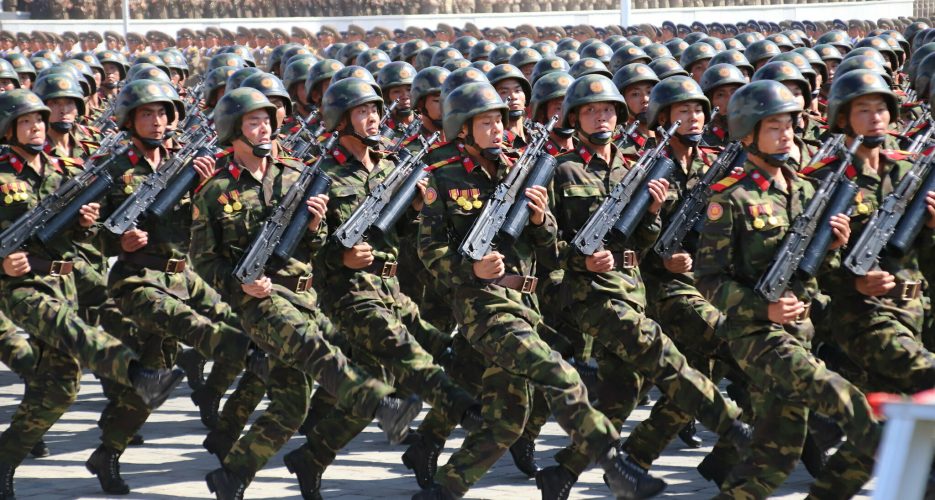About the Author
Balazs Szalontai
Balazs Szalontai is a historian and professor at Korea University, Division of Public Sociology and Korean Unification.

Get behind the headlines
|
Analysis The specter of terrorism in North Korean, Iranian propagandaU.S. counter-terrorism is too much for Pyongyang’s regime, too little for Tehran’s  Last week we covered divergences of opinion between Pyongyang and Tehran in cases such the Palestine liberation movement, Chechnya and the U.S. campaign against al-Qaeda after 9/11. In the conflict between the Somalian Islamic Courts Union (or ICU for short, a group the U.S. accused of harboring al-Qaeda terrorists) and the Ethiopian government, North Korean and Iranian interests diverged once again, but the other way around. This time, it was the Workers’ Party of Korea leaders who found themselves on the same side as the United States, while Iran showed increasing sympathy for the forces that Washington confronted in the Horn of Africa. In 2006, the ICU managed to seize Mogadishu, the capital of war-torn Somalia. This alarmed both Ethiopia and the U.S., which had supported Somalia’s secular warlords against the ICU. In the winter of 2006-2007, Ethiopian troops invaded Somalia to drive back the ICU forces, and U.S. helicopter gunships launched attacks against suspected al-Qaeda members in southern Somalia. In response, the Iranian media started to criticize the U.S.-Ethiopian intervention. For instance, an article in Tehran Times charged that “the U.S. wants to make Ethiopia its main regional vassal state. … The ruling party, the Ethiopian People’s Revolutionary Democratic Front (EPRDF), which once claimed to be anti-imperialist, wants to consolidate its power through its alliance with the United States.” © Korea Risk Group. All rights reserved. |